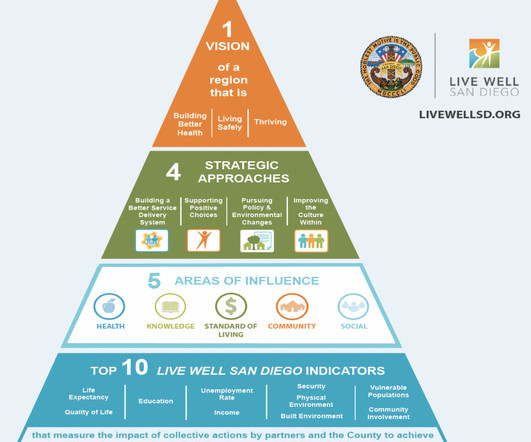Impact of hospital mergers on quality: a case study
Healthcare ECONOMIST
JANUARY 14, 2022
Most individuals in its catchment area were Medicaid or Medicare beneficiaries or uninsured, representing the densest noncommercial payor communities for nonpublic hospitals in the country. Before the merger, funding was lacking for technology and infrastructure investments to support quality improvement. Information technology.











Let's personalize your content